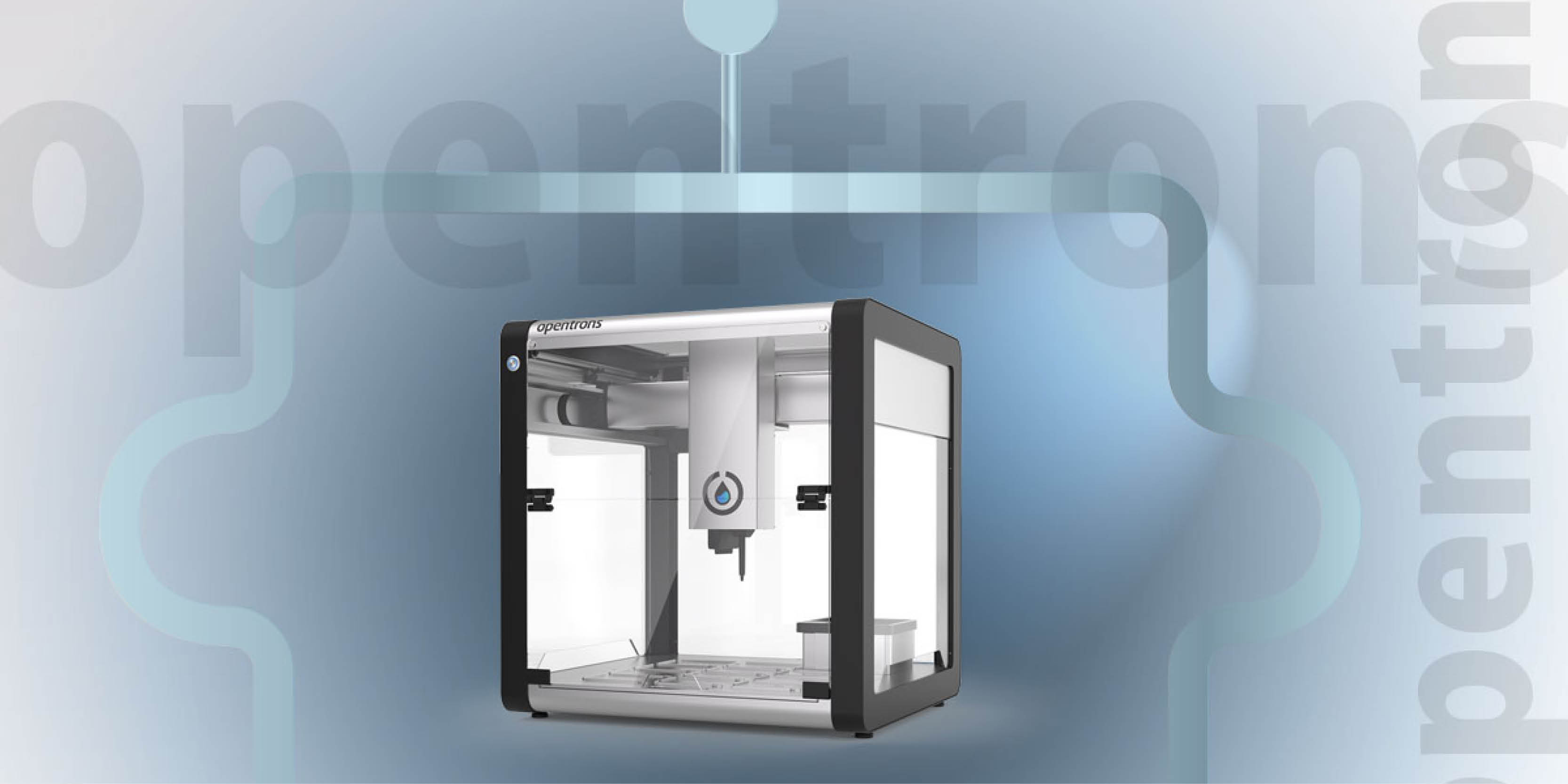In This Section
- Home
- About the College
- Governance
- College Committees & Steering Groups
- College Assembly
- College Council
- College Executive Management Committee
- College Academic Programmes and Curriculum Development Committee
- College Graduate Studies Committee
- College Research & Innovation Committee
- College Teaching Learning and Student Experience Committee
- College Student Recruitment and Outreach Committee
- College Sabbatical Research Leave Committee
- College of SEFS Adjunct Appointments Committee
- International Education Committee
- College Postgraduate Student Committee
- Athena SWAN Steering Group
- College Committees & Steering Groups
- Human Resources
- UCC STEM Awards
- Scholarships and Prizes
- Women in STEM Panel Talks
- Inaugural Professorial Lectures
- Athena SWAN in SEFS
- Proposal Calls
- Contact Us
- Science in Society Public Lecture Series
- Governance
- News
- Staff
- Schools and Departments
- Current Students
- Undergraduate Courses
- Postgraduate Courses
- International Students
- Research and Innovation
- Employability and Careers
- Outreach and Public Engagement
- Science Week
- Transition Year Programmes
Robots will help students with disabilities complete lab classes

Researchers at the School of Biochemistry and Cell Biology have developed robots that will assist students with physical disabilities or visual impairments to complete practical classes.
Traditional laboratory classes in science subjects require mobility, the use of both hands, fine motor control and good eyesight. This makes it very challenging for students with physical disabilities or visual impairments to complete practicals. In fact, it may impact on students decision on whether to study STEM (Science, Technology, Engineering, Maths) subjects at university.
A project in UCC's School of Biochemistry and Cell Biology is hoping to address this problem using a liquid handling robot. The project aims to adapt laboratory classes so that a student with a disability can use a computer to instruct a robot how to perform the main steps in the experiment. Dr Paul Young, Project Lead explains:
“The idea is that a student will still have to understand the samples and reagents being used, perform any calculations required and plan the logistics of the experiment. That way they are still performing the experiment themselves, will get their own results and achieve the learning outcomes for the lab class. They just don’t have to physically do the actual pipetting steps.”
He points out that “Our students often work in highly automated lab environments upon graduation where a physical disability would not necessarily be an issue, so we don’t want a lack of automation within our teaching labs to hold them back either.”
The purchase of the robot was supported by the College of Science, Engineering and Food Science through an initiative to enhancing awareness and adoption of digital inclusion strategies in teaching and learning. The project has been largely carried out by Fergal Buckley, a final year Biotechnology student who received a bursary from the School of Biochemistry and Cell Biology to work with the Opentrons OT-2 robotic system over the summer. In addition to unboxing and setting up the brand-new robot, he adapted the experiments for four Biochemistry lab classes to run on the system.
College of Science, Engineering and Food Science
Coláiste na hEolaíochta, na hInnealtóireachta agus na hEolaíochta Bia
Contact us
Block E, Level 3, Food Science Building, UCC, Cork, T12 YN60.
